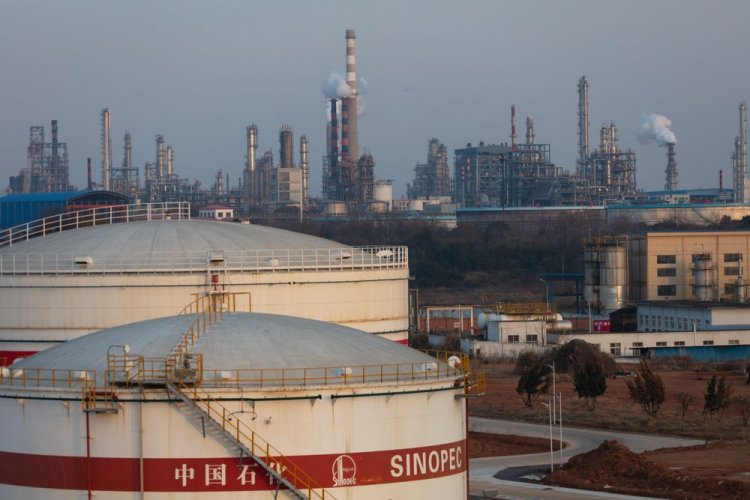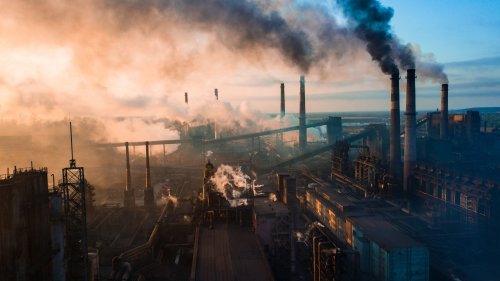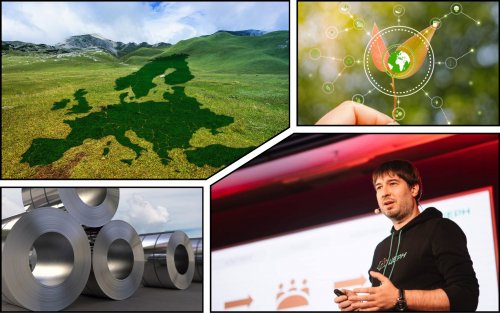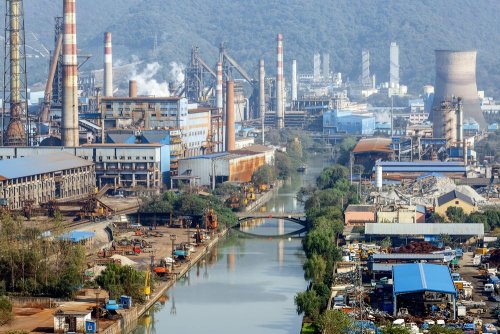China has asked the EU to justify the introduction of a carbon border adjustment mechanism (CBAM), which is likely to lead to a challenge to the carbon tax in World Trade Organization courts.
China insists that the CBAM does not comply with global trade rules, the South China Morning Post reported.
Beijing's representative at the WTO is said to have proposed using the Committee on Trade and Environment for multilateral negotiations on controversial environmental measures.
The article emphasized that if the proposal is accepted, the EU will have to defend the carbon tax on:
- legality;
- environmental goals;
- impact on trade;
- compliance with WTO rules;
- impact on developing countries.
The article emphasized that this will not be a formal dispute.
"The proposal does not directly mention the EU, but at a committee meeting on Wednesday, March 15, Beijing made it clear that the initial target is CBAM," the article says.
The authors emphasized that CBAM, the implementation of which is planned for October 2023, is a cornerstone in the EU's climate policy. After all, importers will have to purchase certificates reflecting emissions generated during the production of goods and the difference between carbon prices in their countries of origin and prices in the EU emissions trading system (ETS).
The material explained that CBAM is designed to prevent carbon leakage, i.e. transfer production to countries with weaker climate policies.
CBAM will initially cover direct emissions from the iron and steel, cement, aluminum, fertilizer and electricity sectors, as well as hydrogen.
The transition period during which importers will have to report their emissions will last until December 2025. The gradual introduction of the carbon tax will continue until 2034.
"Beijing has opposed such a policy for years," the article emphasized.
The authors emphasized that according to Tsinghua University, China will be the most affected by CBAM, as it is the world's largest producer of industrial raw materials. Liu Yubin, spokesman for the Ministry of Ecology, said that CBAM violates WTO principles and will seriously undermine mutual trust in the global community and prospects for economic growth.
It noted that a study by non-profit research organization China Dialogue found that only 2% of Chinese exports to the EU would be covered by the first wave of CBAM.
The article emphasized that the EU insists that the CBAM is compatible with the rules of global trade.
Earlier, EcoPolitic wrote, that the EU negotiators reached an agreement on the CBAM (carbon border adjustment mechanism), which, among other goods, will cover the import of hydrogen.
As EcoPolitic previously reported, the European Carbon Border Adjustment Mechanism (CBAM) can encourage exporters, particularly from the Asia-Pacific region, to switch to more environmentally friendly technologies.





